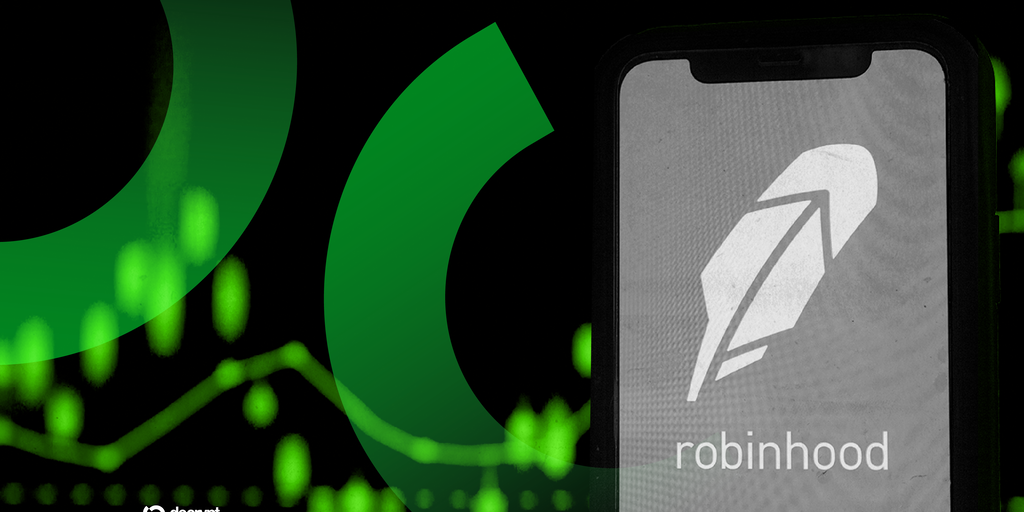In a move that has sparked significant controversy, Robinhood announced the launch of tokenized stock giveaways for OpenAI and SpaceX, offering digital tokens tied to the equity of these high-profile companies. However, OpenAI quickly denied any involvement, emphasizing that the tokens do not represent real equity and were not approved by the company.
The announcement comes amid a backdrop of increasing interest in tokenization, a process that converts ownership of real-world assets into digital tokens on a blockchain. Yet, the decision by Robinhood has drawn criticism from various quarters, including OpenAI, which released a statement on social media platform X, asserting, “We did not partner with Robinhood, were not involved in this, and do not endorse it. Any transfer of OpenAI equity requires our approval—we did not approve any transfer.”
Elon Musk and the DeFi Community React
Elon Musk, CEO of SpaceX and a co-founder of OpenAI, responded to the situation by bluntly calling OpenAI’s equity “fake.” Musk, who parted ways with OpenAI in 2018, has been critical of the company’s transition from a nonprofit to a for-profit entity. His comments add another layer to the ongoing debate about the legitimacy and implications of tokenized stocks.
Meanwhile, Robinhood has stated that the OpenAI tokenized stocks will be launched on the Ethereum layer-2 scaling network, Arbitrum. The company claims these tokens provide investors with “indirect exposure to private markets,” a notion that has been met with skepticism by some in the decentralized finance (DeFi) community.
Legal and Regulatory Challenges
The tokenization of stocks, especially for companies like OpenAI that are not publicly traded, raises significant legal and regulatory questions. Kurt Watkins, founder of Watkins Legal, highlighted the potential issues, stating, “Robinhood’s OpenAI tokenized equity product would face severe SEC scrutiny in the U.S. due to its fundamentally opaque SPV structure that obscures critical investor protections.”
“Crucially, there is no guarantee the tokens will actually track OpenAI’s price since they lack meaningful underlying rights and could face liquidity issues,” Watkins added.
Watkins further explained that despite Robinhood’s disclaimers, the lack of transparency and potential classification as securities under the Howey Test could trigger registration requirements, making the product commercially unviable in the U.S. market.
Criticism of Robinhood’s Tokenized Contracts
Beyond legal concerns, criticism has also been directed at the design of Robinhood’s tokenized contracts. Ren, a partner on Electric Capital’s investment team, described them as a “walled garden.” He noted that the contracts require a registry of approved wallets for transfers, potentially limiting their interaction with DeFi protocols.
Ren’s comments suggest that centralized finance platforms like Robinhood might gain an upper hand not through innovation but by controlling user onboarding and distribution. This perspective raises questions about the future dynamics between centralized and decentralized financial systems.
Implications and Future Outlook
The controversy surrounding Robinhood’s tokenized stocks highlights the complexities and challenges of integrating traditional financial assets into the blockchain ecosystem. As the debate continues, it underscores the need for clear regulatory frameworks and transparent practices to protect investors and ensure market integrity.
Looking ahead, the situation may prompt further scrutiny from regulatory bodies and could influence the development of tokenization practices in the financial sector. As Robinhood and other platforms explore new financial products, the balance between innovation and regulation will remain a critical factor in shaping the future of digital finance.
Both OpenAI and Robinhood declined further requests for comment, leaving many questions unanswered as the industry watches closely for the next developments in this unfolding story.





































































